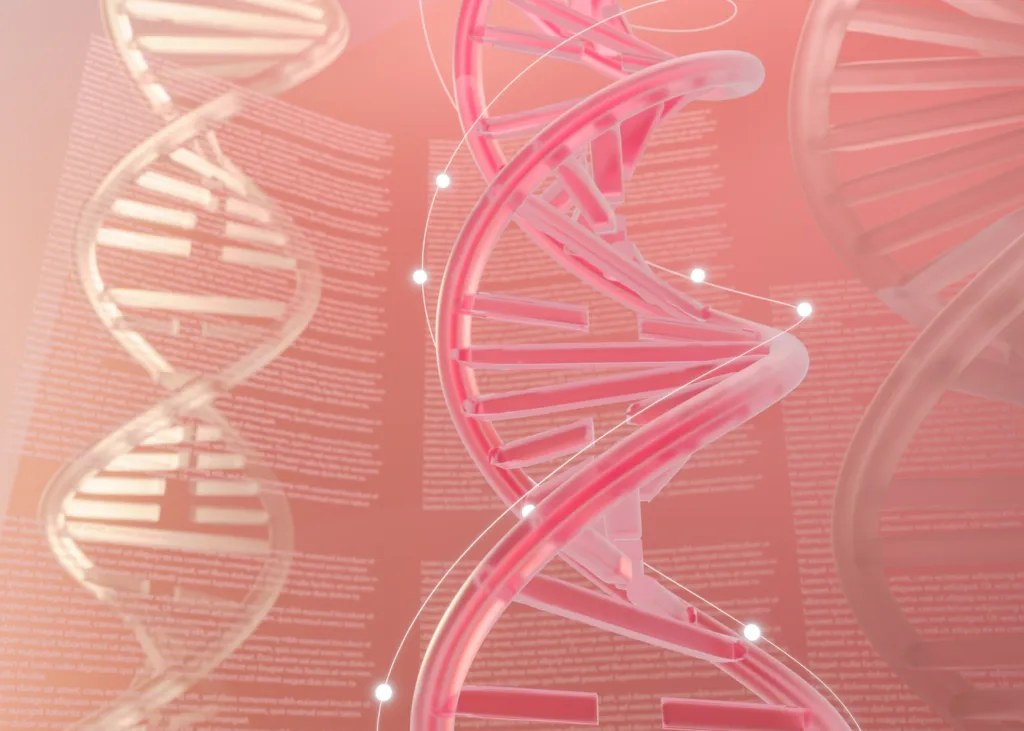The Role of Amino Acids in Collagen Formation
Collagen, the most abundant protein in the human body, is composed of amino acids. Amino acids are the building blocks of proteins, and they play a crucial role in collagen formation. There are over 20 different types of amino acids, and specific ones are involved in collagen synthesis.
Glycine, proline, and hydroxyproline are the amino acids that make up collagen. Glycine is the most abundant amino acid in collagen, accounting for about one-third of its total composition. It provides stability to the collagen structure. Proline and hydroxyproline help in the formation of collagen helices, which are essential for its stability and strength.
The precise arrangement and sequence of these amino acids determine the unique properties of different types of collagen found in the body. Without the presence of these amino acids, collagen formation would be impaired, leading to various connective tissue disorders.
The Importance of Vitamin C in Collagen Synthesis
Vitamin C plays an important role in the synthesis of collagen. It is essential for the proper functioning of enzymes involved in collagen production. Without adequate vitamin C, the body cannot produce collagen effectively.
Vitamin C is required for the hydroxylation of proline and lysine, two amino acids that are necessary for collagen formation. This hydroxylation process is crucial in stabilizing collagen molecules and forming the triple helix structure.
Additionally, one of the important advantage of vitamin C is its usage as an antioxidant, protecting collagen from any damage caused by free radicals. It helps maintain the integrity and strength of collagen fibers, promoting healthy skin, bones, and connective tissues.
A deficiency in vitamin C can lead to weakened collagen synthesis, resulting in various health issues such as scurvy, impaired wound healing, and joint pain.
Understanding the Triple Helix Structure of Collagen
Collagen has a unique and intricate structure known as the triple helix. The triple helix structure is formed by three protein chains, also called polypeptide chains, intertwining with each other.
Each collagen chain consists of repeating amino acid sequences, primarily glycine, proline, and hydroxyproline. These amino acids play a key role in stabilizing the triple helix structure.

The triple helix structure provides it with strength and resistance to stretching. It is responsible for the structural integrity of tissues such as skin, tendons, cartilage, and bones.
Understanding the triple helix structure of collagen is vital for comprehending its function and the impact of any structural abnormalities on the body.
Exploring the Different Types of Collagen Proteins
Collagen is a diverse family of proteins, with different types serving various functions in the body. There are at least 28 different types of collagen identified so far.
Type I is the most abundant type in the body and is found in the skin, tendons, ligaments, bones, and teeth. It provides structural support and contributes to the integrity and elasticity of these tissues.
Type II is mainly found in cartilage, providing cushioning and flexibility to joints. It is vital for maintaining healthy joint function.
Other types such as type III, IV, and V, are present in blood vessels, organs, and the extracellular matrix. Each type has its unique composition and function, contributing to the overall health and stability of various tissues in the body.
Factors Affecting Collagen Production in the Body
Collagen production in the body can be influenced by various factors.
Age is a significant factor affecting collagen production. As we age, the natural production of collagen decreases, leading to the formation of wrinkles, sagging skin, and weakened connective tissues. Lifestyle factors such as smoking, excessive sun exposure, and poor diet can also accelerate collagen breakdown.
Hormonal changes, particularly during menopause, can affect collagen synthesis. Estrogen plays a role in maintaining collagen levels, and a decline in estrogen levels can result in decreased collagen production.
Certain medical conditions, such as autoimmune disorders and genetic disorders like Ehlers-Danlos syndrome, can affect collagen production and structure, leading to connective tissue abnormalities.
Nutritional deficiencies, especially in amino acids and vitamin C, can impair collagen synthesis. Ensuring a balanced diet with adequate protein and vitamin C intake is crucial for supporting collagen production.


I appreciate the effort you put into this. Great content!